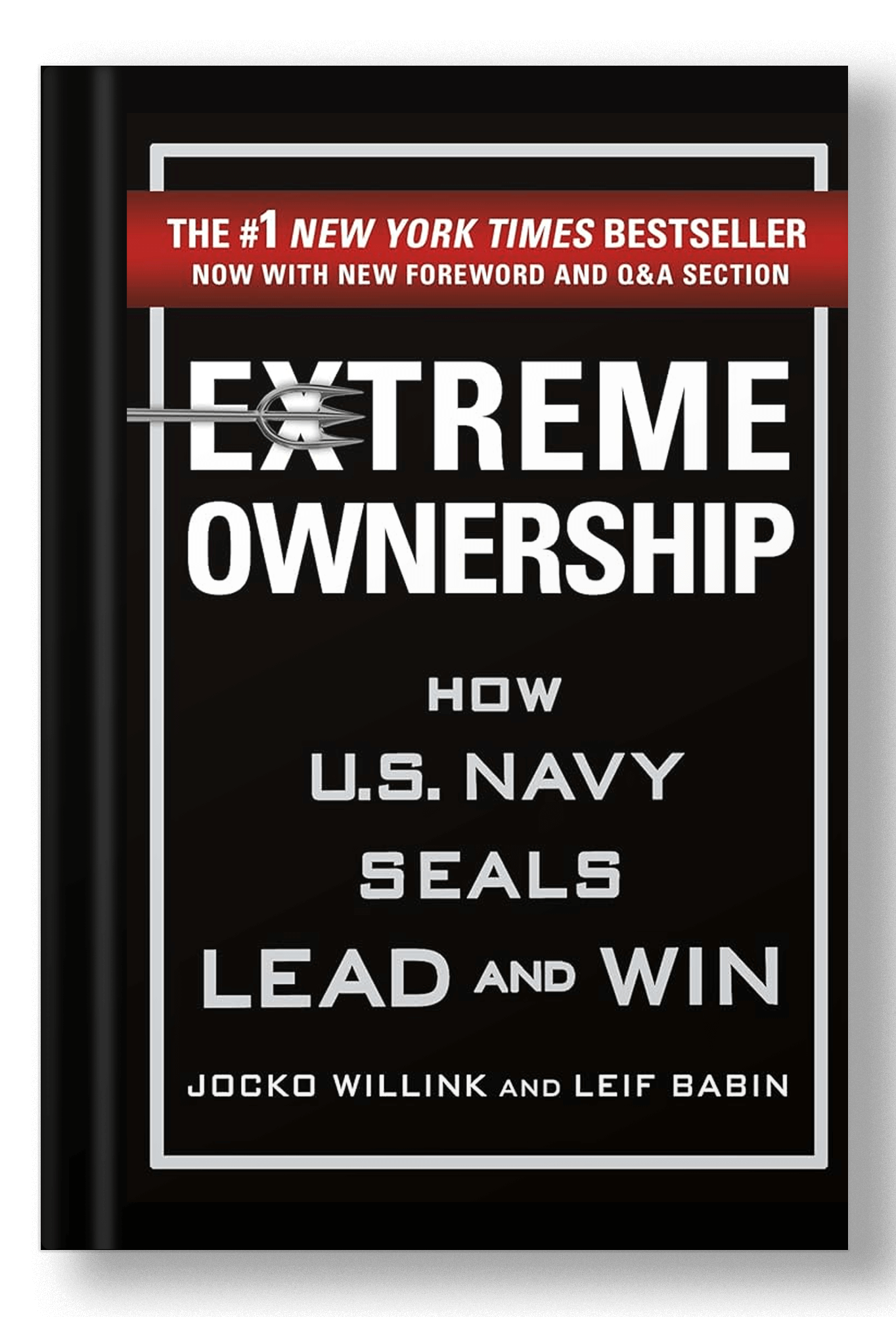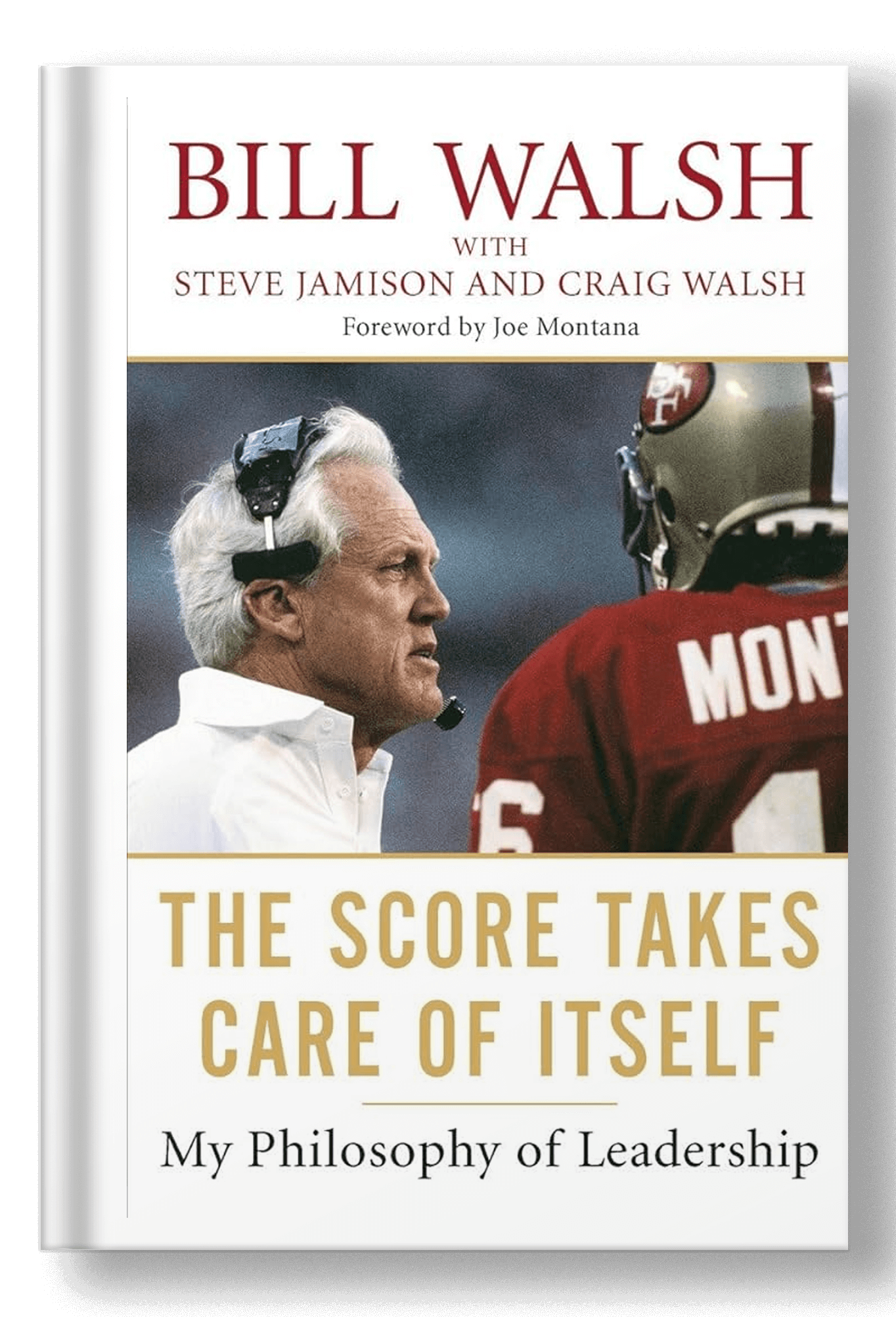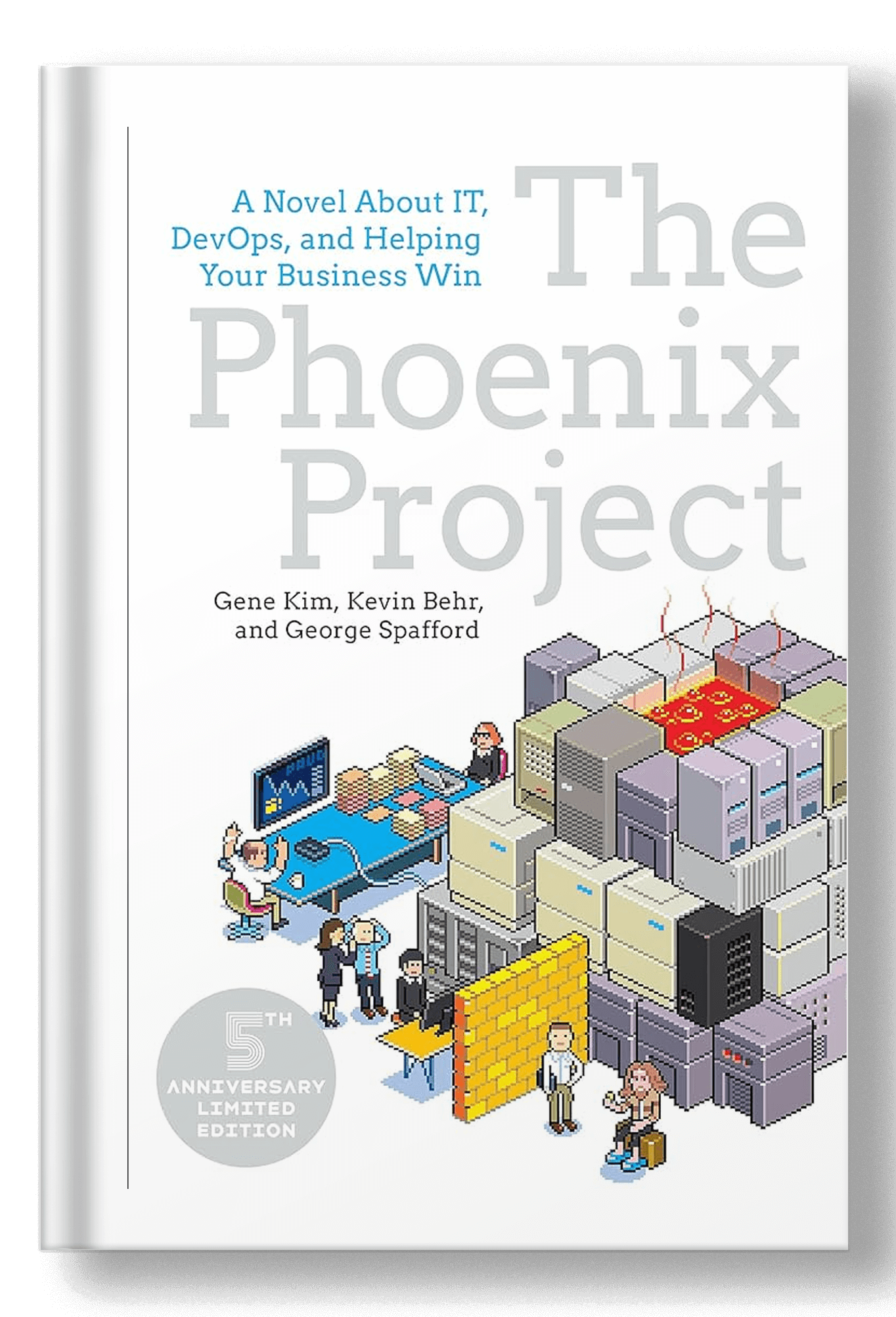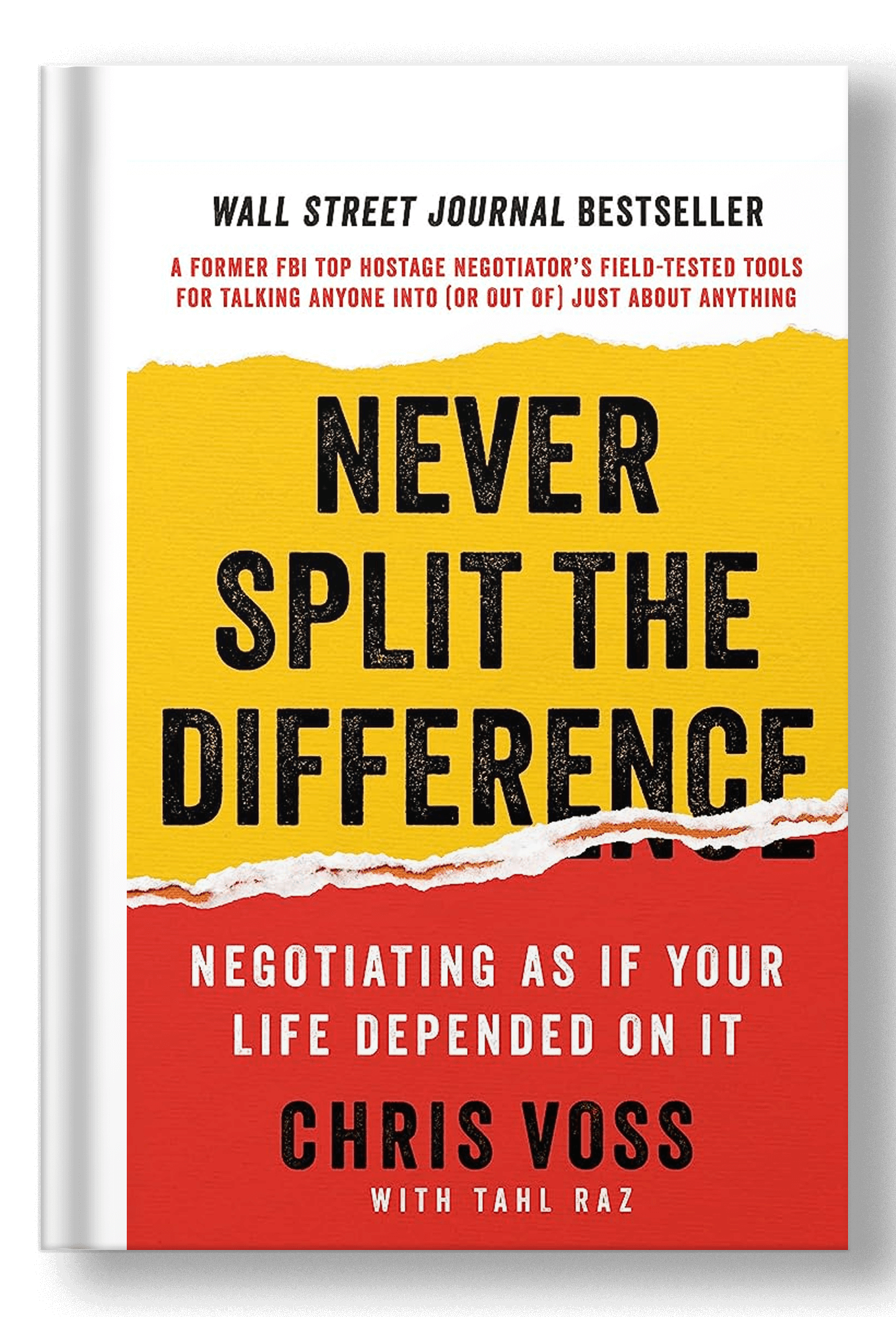5 Must-Read Books for Startup Founders - Transform Your Leadership and Business Strategy
- 11 min read

Starting a business from the ground up is no easy feat. As a startup founder, you are not only responsible for the vision and strategy but also for leading a team toward success. Here are five books that have profoundly impacted my journey as a founder. These books provide invaluable lessons on leadership, building products, managing teams, and negotiating effectively.
1. Extreme Ownership: How U.S. Navy SEALs Lead and Win

Authors: Jocko Willink and Leif Babin
Key Learnings:
-
Taking Responsibility: The core principle of “Extreme Ownership” is that leaders must own everything in their world. This means taking full responsibility for the outcomes, whether good or bad.
-
Building Trust: Leaders must build trust within their teams by being transparent, consistent, and fair.
-
Decentralized Command: Effective leaders delegate tasks and trust their team members to execute. This empowers the team and increases overall efficiency.
Example Story: In “Extreme Ownership,” Jocko Willink recounts a mission in Ramadi, Iraq, where miscommunication led to a friendly fire incident. Instead of blaming his team, Willink took full responsibility. This act of ownership not only maintained his credibility but also strengthened the trust and unity within his team.
Why It Matters for Startup Founders: In the fast-paced world of startups, the ability to take ownership and lead by example is crucial. This book teaches you how to build a culture of responsibility and trust, which is essential for driving your startup toward success.
2. Build: An Unorthodox Guide to Making Things Worth Making
Author: Tony Fadell
Key Learnings:
- Innovative Thinking: Tony Fadell shares his experience in building iconic products like the iPod and Nest Thermostat. He emphasizes the importance of thinking outside the box.
- User-Centered Design: Focus on creating products that solve real problems for users. This involves understanding user needs and iterating based on feedback.
- Persistence: Building something worthwhile often requires perseverance and the ability to learn from failures.

Example Story: Fadell describes the development of the iPod at Apple. The team faced numerous challenges, including technical constraints and tight deadlines. Through relentless innovation and perseverance, they created a product that revolutionized the music industry.
Why It Matters for Startup Founders: Fadell’s insights are invaluable for anyone looking to build a product that truly resonates with users. The lessons on innovation and persistence are particularly relevant for startup founders who need to navigate the challenges of product development.
3. The Score Takes Care of Itself: My Philosophy of Leadership

Author: Bill Walsh
Key Learnings:
-
Standard of Performance: Bill Walsh’s philosophy centers around setting a high standard of performance for yourself and your team.
-
Attention to Detail: Success is often found in the details. Walsh’s coaching strategies involved meticulous planning and preparation.
-
Leadership by Example: Leaders must model the behavior they expect from their team members.
Example Story: Walsh transformed the San Francisco 49ers from an underperforming team into Super Bowl champions. He did this by implementing a rigorous standard of performance and attention to detail, creating a culture of excellence that permeated the entire organization.
Why It Matters for Startup Founders: Walsh’s leadership principles offer a blueprint for creating a high-performing team. By setting high standards and paying attention to details, startup founders can drive their teams to achieve excellence.
4. The Phoenix Project: A Novel about IT, DevOps, and Helping Your Business Win
Authors: Gene Kim, Kevin Behr, and George Spafford
Key Learnings:
-
DevOps Principles: The book introduces the three ways of DevOps: Flow, Feedback, and Continuous Learning.
-
Improving Efficiency: Emphasizes the importance of improving workflows and removing bottlenecks to enhance productivity.
-
Collaboration: Encourages closer collaboration between development and operations teams to achieve better outcomes.

Example Story: The protagonist, Bill, is tasked with saving his company’s failing IT department. Through the application of DevOps principles, Bill transforms the department into a high-functioning team, delivering projects on time and driving business success.
Why It Matters for Startup Founders: For tech-driven startups, understanding DevOps principles can significantly improve product development and deployment processes. This book provides a practical guide to enhancing efficiency and collaboration within your team.
5. Never Split the Difference: Negotiating as if Your Life Depended on It

Author: Chris Voss
Key Learnings:
-
Tactical Empathy: Understanding and acknowledging the emotions of others to build rapport and influence their decisions.
-
Mirroring and Labeling: Techniques that involve repeating the last few words of your counterpart and labeling their emotions to create a connection.
-
Effective Questioning: Using calibrated questions to steer conversations and uncover underlying interests.
Example Story: Voss recounts a hostage negotiation where he used tactical empathy and mirroring to build trust with the captor. By understanding the captor’s emotions and motivations, Voss was able to negotiate the safe release of the hostages.
Why It Matters for Startup Founders: Negotiation is a critical skill for startup founders, whether it’s securing funding, closing deals, or managing partnerships. Chris Voss’s techniques can help you negotiate more effectively and achieve better outcomes for your startup.
Conclusion
These five books offer a wealth of knowledge and practical insights that are essential for any startup founder. Whether you are looking to improve your leadership skills, build innovative products, or negotiate successfully, each of these books provides valuable lessons that can help you navigate the complexities of building and leading a startup. Embrace the teachings from these authors, and you’ll be well on your way to creating a successful and thriving business.